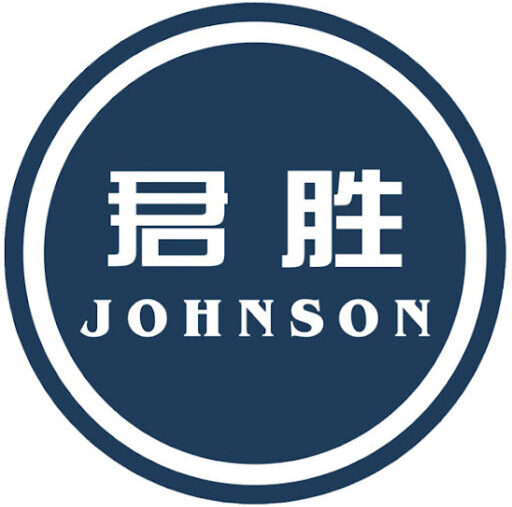Common Q&A About Trademarks in China

As China pays more and more attention to intellectual property protection in these days, trademark, as an intangible asset of enterprises, occupies a pivotal position in the process of intellectual property protection. According to the relevant provisions of the Trademark Law, China’s domestic trademark adopts the principle of prior registration. That is to say, if a trademark has not been registered with the China Trademark Office, even if the trademark has been used for many years, once it is applied for registration by others, the right of use will be classified as the applicant. Besides, it is also a necessary condition to have a registered trademark when dealing with quality inspection, health inspection, and so on. Therefore, for the sake of maintaining their brands, enterprises need to register their trademarks.

- Q: I found that my trademark has been snatched and registered in China. What should I do?
- A: first of all, according to the provisions of China’s Trademark Law, trademarks are based on the principle of prior registration. Therefore, it needs to be clear what is preemptive registration? If it is aimed at other categories of a well-known trademark, or if it is a foreign trademark but the same or similar trademark is registered by a dealer or agent, it can be recognized as an act of preemptive registration, in accordance with the provisions of the Trademark Law, an objection may be raised within the announcement objection period of the application for registration of the preemptive registration trademark to prevent it from obtaining registration, or the factual evidence of the other party’s preemptive registration may be provided to the Trademark Review and Adjudication Board after it has been registered. The request is invalid and its registered trademark is invalid.

- Q: What should I do if someone uses my trademark?
- A: The use of a trademark in the market generally requires the permission of the person with the exclusive right to use the trademark, but it should be noted that the trademark infringement concerns two aspects, on the one hand, the use of the same or similar trademark logo, on the other hand, it must be applied to the same or similar categories of goods or services, only in these four cases can it be regarded as trademark infringement. Of course, if your trademark is a well-known trademark, you can cross the latter, that is, cross-category protection. When someone is suspected of infringing the exclusive right to use a trademark, the factual evidence of the infringement shall be fixed, and then a warning or administrative complaint may be issued or file a law sue in the court.

- Q: When one side is a Chinese company and the other is a foreign company, will the decision made by the Chinese court be beneficial to the Chinese company? Are there any cases in which foreign companies win the case?
- A: In the current Chinese court proceedings, Chinese courts will not adopt different trial standards as to whether the subject of litigation is a Chinese company, so there is no special decision that will be beneficial to Chinese companies. Besides, China’s judicial system adopts the two-instance final adjudication system, which means that a party who is not satisfied with the first instance can be tried by a higher-level judge as long as he or she lodges an appeal trial, and there is usually no particularly biased trial result. In lawsuits involving foreign companies, especially in the field of intellectual property rights, a large number of foreign companies have won. In fact, foreign companies are not specially treated in China’s economic system. In the process of market operation, foreign companies are considered to be equal subjects with Chinese companies in China. For example, in the lawsuit brought by Jordan v. Jordan Sports, the Supreme Court ruled that the trademark of Jordan Sports was invalid.

– Johnson International Department –
1. International teams with specialized talents
The team of Johnson International Department includes CET-8 professional English and international talents who have stayed in Europe for more than two years, all of whom have more than 3 years of professional experience in this industry.
2. Globalizing partner
Johnson has established stable and reliable overseas intellectual property service providers involving at least 110 countries and regions around the world and has built a relatively complete overseas intellectual property service network.
3. Customized Price
When we choose overseas partners, we fully consider the national conditions and enterprise needs, we will choose three types of service providers with high, medium and low service prices, and customize the prices according to the nature and needs of customers.
